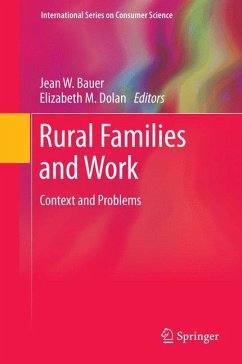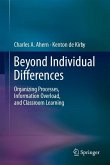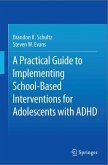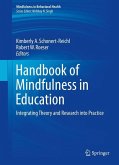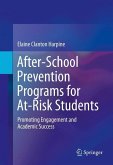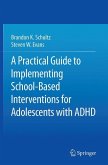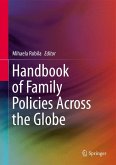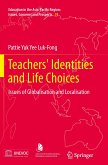Rural Families and Work focuses on the findings of the Rural Families Speak research study and the theoretical frameworks that are utilized to examine the context of rural low-income families' employment.
This volume provides a solid foundation for understanding rural employment problems and issues. Family ecological theory is the central framework with a discussion of theories that contribute to the opportunities for the contextual research, including family economic stress theory, human capital, human capability, and some selected policy frameworks. Employment is addressed through review of policy issues, community contexts, family and social support, and available resources. Throughout the volume future research directions and applications are highlighted.
This volume provides a solid foundation for understanding rural employment problems and issues. Family ecological theory is the central framework with a discussion of theories that contribute to the opportunities for the contextual research, including family economic stress theory, human capital, human capability, and some selected policy frameworks. Employment is addressed through review of policy issues, community contexts, family and social support, and available resources. Throughout the volume future research directions and applications are highlighted.
From the reviews:
"The book makes a fine contribution to the literature on rural families. It provides a rich discussion of the lives of rural families as they relate to work. ... The book is well written and organized. It is likely to become a standard read for many courses on rural families, work and public policy. The language of the book is not too academic, which also makes it ideal for policy makers and organizations serving rural communities." (Monique Constance-Huggins, Journal of Family and Economic Issues, Vol. 34, 2013)
"The book makes a fine contribution to the literature on rural families. It provides a rich discussion of the lives of rural families as they relate to work. ... The book is well written and organized. It is likely to become a standard read for many courses on rural families, work and public policy. The language of the book is not too academic, which also makes it ideal for policy makers and organizations serving rural communities." (Monique Constance-Huggins, Journal of Family and Economic Issues, Vol. 34, 2013)

